Reasons for heating cable wiring and household appliances
The main reasons for heating
There are several possible causes of overheating of current-carrying conductors, namely:
- the cross section of the cable or wire is not able to withstand loads from connected household appliances;
- the wiring is incorrectly performed, as a result of which the cable line overheats;
- poor connection of wires;
- low quality of the cable itself.
Now we will look at the instructions for determining the malfunction, and also tell you what to do if the cable heats up in one case or another.
Ways to solve the problem
So, there is a difference between the fact that the electrical wiring in the house is heated or the cord from household appliances. In this regard, the repair technology will be different. To make the material clearer to you, let us consider on separate examples what and how to do.
Appliances
If you notice that the wire is being heated from a water heater or washing machine, the first thing to do is determine how the heating occurs: in one particular place or along the entire length. Most often, the plug connected to the outlet heats up. This is due to the fact that there is poor contact between the terminals of the outlet and the supply wires of the electrical wiring. Because of this, the terminals of the outlet are heated, and all the heat goes to the electric plug. In addition to poor contact, the cause of the malfunction can be a weak outlet (for example, designed for 10 A). The fact is that powerful electrical appliances: a stove, a boiler, a heater, and even some kettles function normally only when connected to a 16-amp outlet or directly from the panel (if the power exceeds 3.5 kW). As you may already guess, a 10-amp socket will not withstand high loads and will start to heat up, melt (as in the photo below), and then after a short period of time it can happen short circuit.
The second reason for heating the wire from household appliances is poor contact in the plug itself or on the other hand, where the wires are connected to the terminal block of the appliance. You need disassemble the electric plug and check the reliability of connecting contacts, if the plug itself is heated. If the wire heats up on the technical side, check how the connection is made at the reverse end of the conductor.
Well, the last thing that can be - the cable of a water heater or other powerful equipment heats up due to the fact that the manufacturers decided to save on the conductor itself and made it with a smaller cross section. As a result, the cord is heated along its entire length.For example, if the capacity of the water heater is 4.5 kW, the wire cross section must be at least 2.5 mm2. Accordingly, if the cable cross section is 1.5 mm2, which is why it heats up. All you have to do is replace the unreliable conductor with a more powerful one. About, how to calculate the cable cross-section by powerwe told.
Useful video on the topic:
Wiring
Do not know what to do if the wiring is heated in a house or apartment? You can solve the problem in a similar way. As a rule, the power cable can heat up in the shield or junction boxes. In both the first and second cases, the cause of strong heating is weak contact, but more on that in order.
In this photo you can see that the insulation of the wire is fused due to the fact that it has overheated for a long time:
The reason is poor contact, or more precisely, the incorrect connection of a stranded conductor to the bus. Stranded wire can only be connected after crimping with a sleeve, otherwise the reliability of the connection will be very low. Also, heating can occur on the machines, which indicates poor installation. About, how to connect a circuit breaker, we told in the corresponding article. It is possible that the machines in the shield are heated due to the fact that you have chosen the wrong product rating. In this case, you need to replace the AB with one that corresponds to the group being serviced (lighting or outlets).
As for junction boxes, in these places the cable usually heats up on twists due to poor connection. To eliminate heat, we recommend replacing the twists with more reliable terminal blocks.
We draw your attention to the fact that connecting aluminum conductors with copper is strictly prohibited by twisting. In this case, the wire will definitely heat up, the insulation will melt and no fire can be avoided in the future. Only connect aluminum to copper with terminal blocks Wago.
Well, the last reason why the cable line is heated in the house is that you have an old aluminum wiring, which is not able to withstand the load of modern household appliances. About, how to replace wiring in an apartment we told in detail. About replacing wiring in a private house There is also a separate article, which we strongly recommend that you read.
A few words about extension cords
Another problem that often occurs is that the extension cord is heated when connecting an electric stove or a washing machine. We have repeatedly said that the use of extension cords is not the best option, because Today, there are a lot of low-quality Chinese products on the market of electrical goods. From personal experience, we can say that there have been cases when the extension cord was not only heated, but generally melted along its entire length when the washing machine was first connected. The point was that the extension cable cross section was only 0.75 mm2when you needed at least 1.5. If the carrying warms up, we recommend do-it-yourself extension cordusing a PVA wire with a cross section of at least 2.5 mm2.
By the way, even high-quality extension cords can bask if they are on a reel. The fact is that the coiled cable heats up faster due to the fact that inductance occurs, so when connecting powerful appliances, for example, a welding machine or a deep pump, it is necessary to unwind the coil!
That's all I wanted to tell you on this issue. We hope that now you know why the cable is heating up and what to do in this case!
It will be interesting to read:

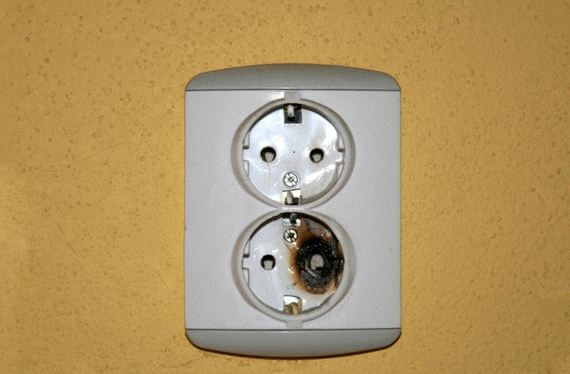
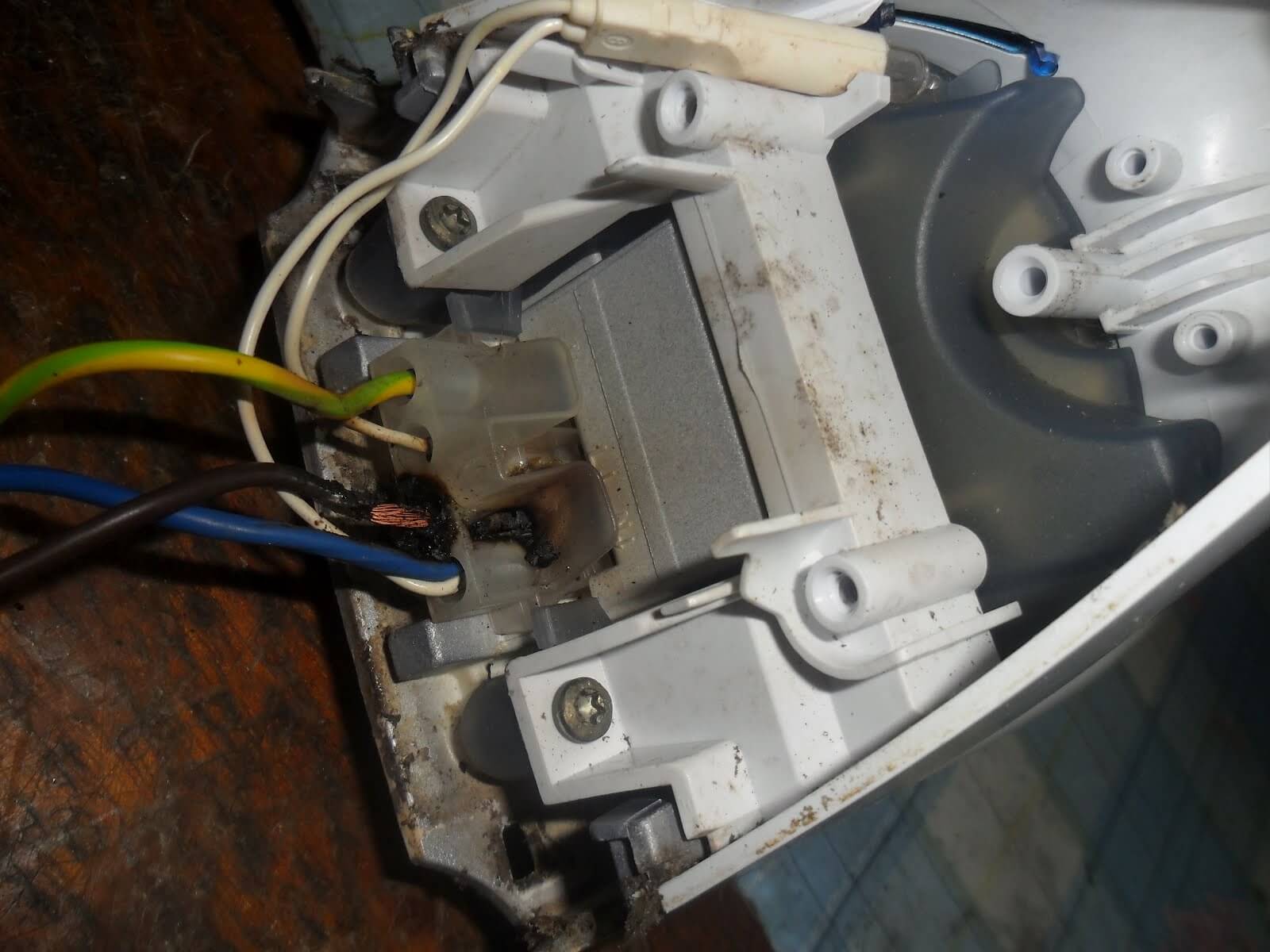
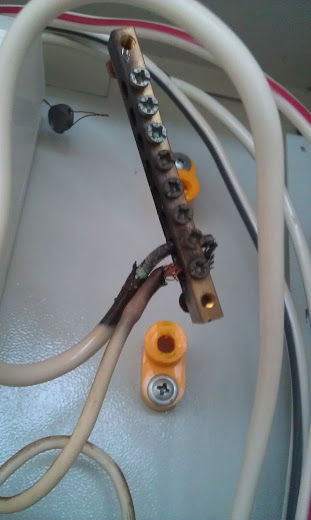
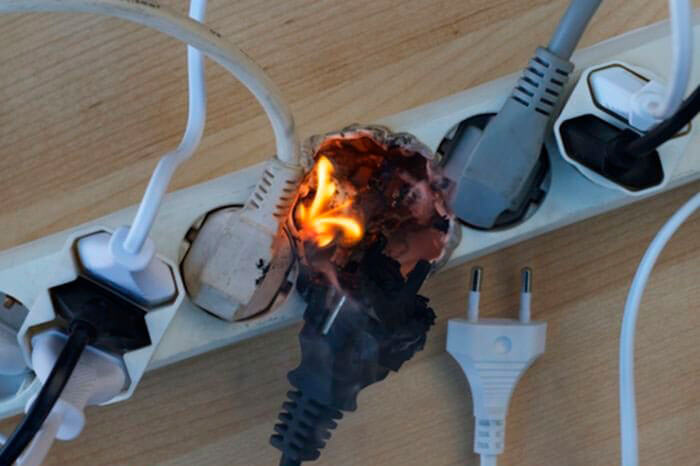


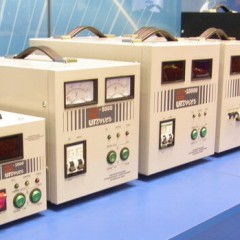
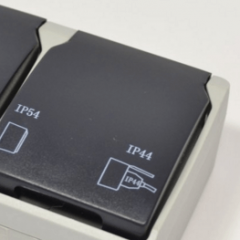
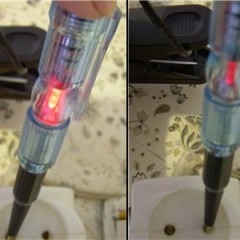

Recently I came across a system that allows you to detect this very bad contact - "ThermoSensor" (google, the company "ThermoElectrics" does).
Another very cool thing - spark protection devices, is placed like a regular machine. Makes Siemens and the domestic company Ecolight.